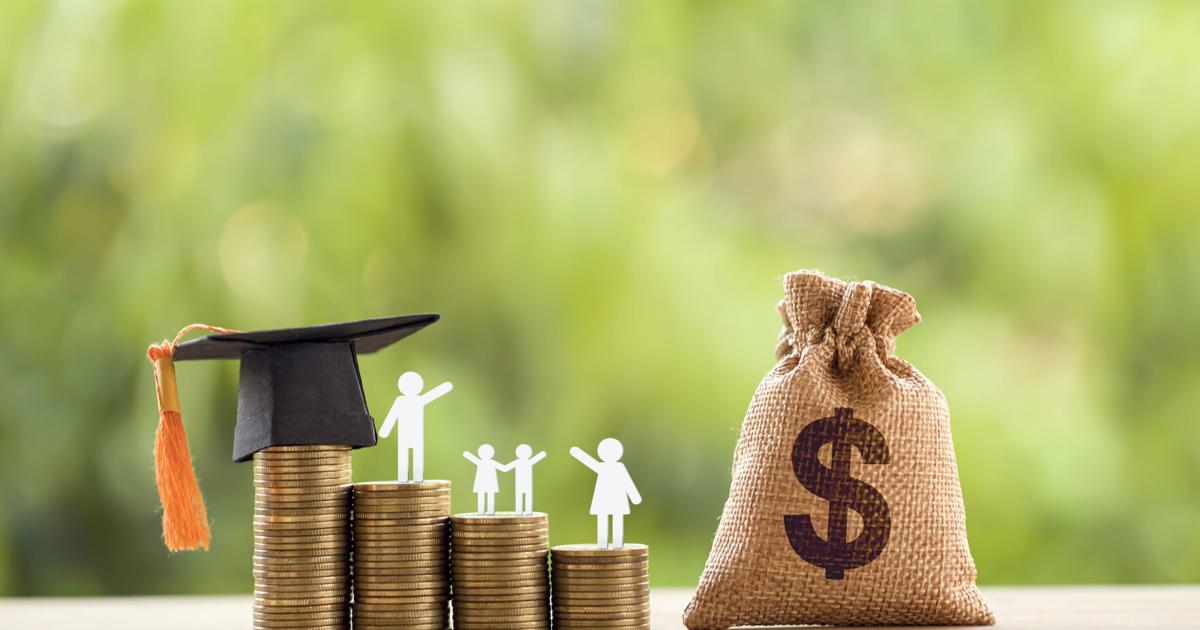
(Center Square) – Newly released state data show that the number of students taking advantage of the state’s new educational freedom program has doubled since it began a year ago, costing taxpayers is also increasing.
According to the State Department of Education, 3,025 students were enrolled in the program as of September, allowing students to divert taxpayer funds to private schools and homeschooling.
School board member Frank Edelblut said the program is growing at a “faster than expected” pace but gives thousands of students the option to attend the school of their choice.
“While it exceeded our expectations, New Hampshire families have had the opportunity to determine the best educational pathway for their children, and we have provided students from underprivileged backgrounds with a variety of options to meet their individual learning needs. “Knowing we have options is exciting and encouraging,” the statement said.
According to the Ministry of Education, about 27 percent of the students enrolled in the program this grade were from public schools. The rest were homeschooled, attended private school, or attended school for the first time.
The data shows that the state’s cost of education has risen steadily as enrollment has increased. The state plans to tap her $14.7 million this year from the state’s education trust fund, which includes program reserves, according to state education officials. Last year, the state spent about $8 million on this program.
According to the Josiah Bartlett Center, New Hampshire is one of at least 10 states that have approved the use of Educational Freedom Accounts for private school education.
Under the law, public school fees are paid for K-12 students who decide to attend private or charter school. The family applies for annual grants ranging from her $4,000 to her $8,000 per student.
According to program eligibility limits, participants must be below the federal poverty level of 300% or below $79,500 for a family of four.
The program is administered by the Children’s Scholarship Fund, a private, non-profit organization operating under contract with the state.
Proponents of the new law say it will provide more opportunities for students who don’t want to attend public schools, ultimately saving the state money.
Critics say the new law will siphon limited funding and resources from traditional public schools. The teachers’ union has challenged the law in court, arguing that it plans to force cities and towns to raise property taxes to make up for the state’s funding shortfalls.
Education reform advocates who pushed for the change disagreed, arguing that the move would benefit public and private schools and improve overall educational outcomes.
Proponents also argue that the program saves taxpayers money, given that the average cost of public school is $21,386 per year for the current 3,025 participants attending public school. , taxpayers claim to have to pay a combined $64.7 million annually.
